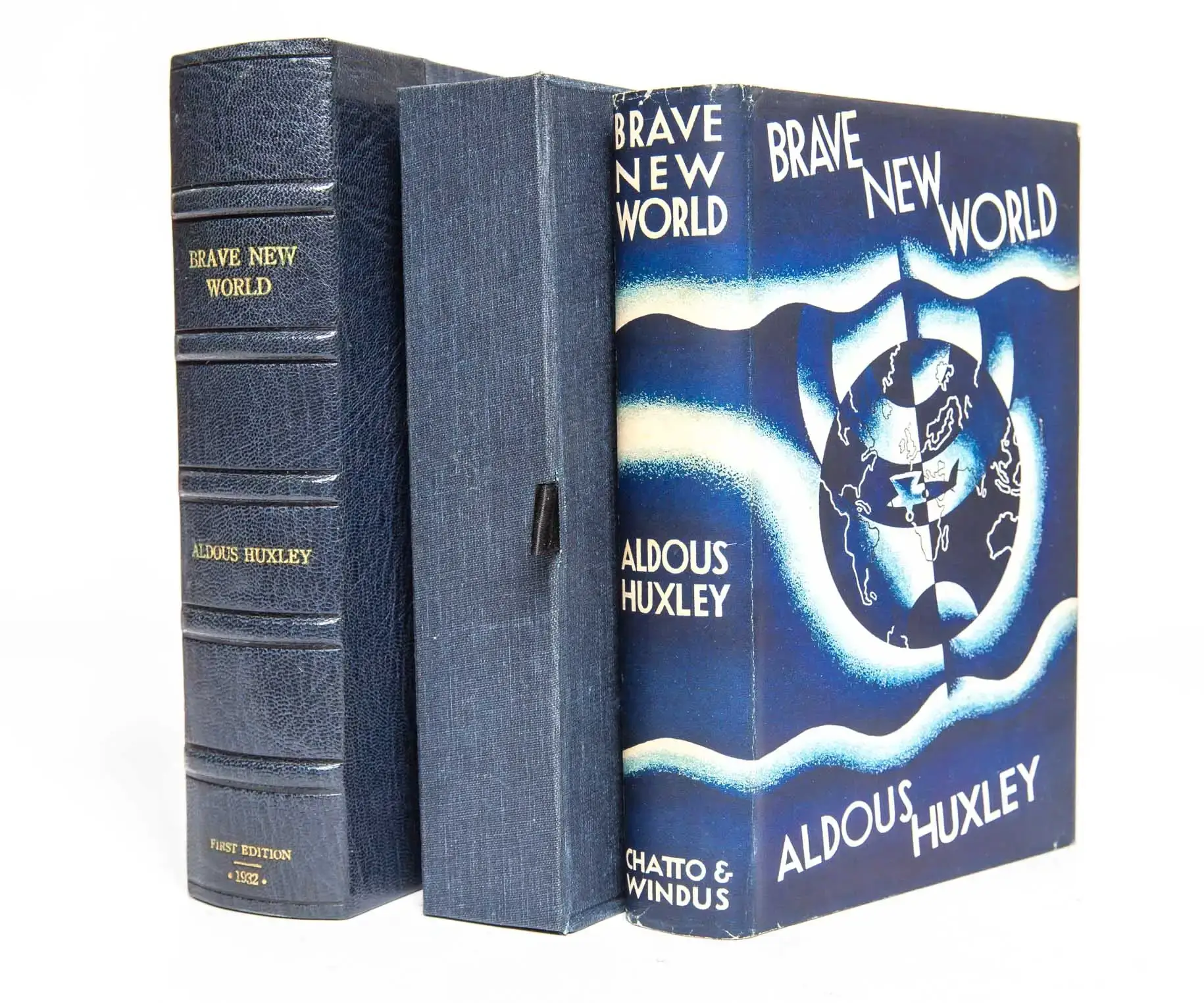Brave New World (1932)

Title: Brave New World
Author: Aldous Huxley
Publication Date: 1932
Genre: Dystopian Fiction
Summary: "Brave New World" is a dystopian novel set in a futuristic society where technology, genetic engineering, and psychological conditioning have created a seemingly perfect world. In this highly controlled and orderly society, citizens are engineered to fit specific roles, and pleasure and conformity are prioritized over individuality and freedom. The story follows Bernard Marx, an outsider who struggles with his place in this rigid society, and John "the Savage," a young man raised outside the confines of this new world. As their paths converge, the novel explores the clash between the ideals of a controlled utopia and the complexities of human emotions and desires.
Themes: "Brave New World" delves into themes of conformity, individuality, the dangers of unchecked technological advancement, the cost of societal stability, and the price of sacrificing individual freedom for collective contentment.
Legacy: Aldous Huxley's novel is considered a classic work of dystopian fiction and has had a profound influence on the genre. It continues to be analyzed and debated for its relevance to contemporary society and its cautionary tale about the potential consequences of prioritizing comfort and control over personal autonomy.
Social Critique: "Brave New World" serves as a critique of modern industrialized societies and the potential dehumanization that could result from technological advancements and social engineering.
Impact: The phrase "Brave New World" has become a common expression to refer to an optimistic, yet often illusory, vision of the future.
Adaptations: "Brave New World" has inspired numerous adaptations, including stage plays, radio dramas, and television adaptations. It remains a thought-provoking and relevant work that challenges readers to reflect on the trade-offs between societal stability and personal freedom.
